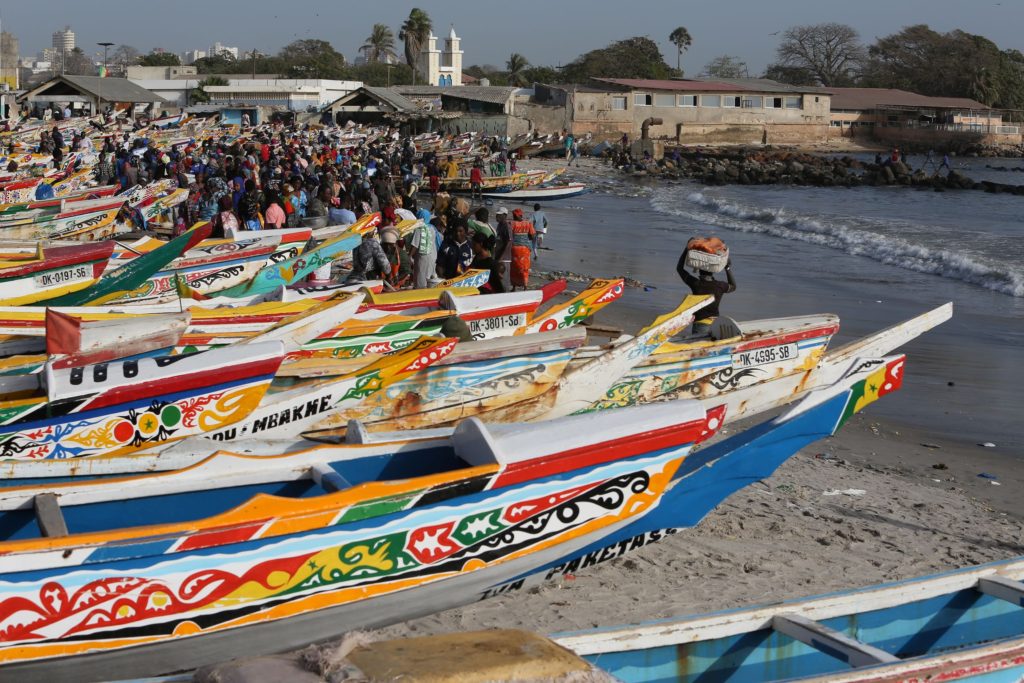Senegal, a coastal gem in West Africa, boasts a rich tapestry of traditions, and ways of life that make it one of the most intriguing countries on the continent. In this article, we’ll explore various facets of life in Senegal, from the bustling streets of Dakar to the serene villages nestled along the Atlantic coast.
A Mosaic of Cultures
A little-known fact about Senegal is its incredible ethnic diversity. The country is home to over 20 ethnic groups, each with its own language, traditions, and way of life. The largest group is the Wolof, who make up around 40% of the population. The Wolof language is widely spoken and has even become the lingua franca in urban areas. Other significant groups include the Fula, Serer, Diola, and Mandinka.
Each of these groups contributes to the country’s rich cultural fabric, particularly in music, dance, and art. Senegalese music is globally renowned, with genres like mbalax—a fusion of traditional drumming and modern pop – gaining international acclaim.
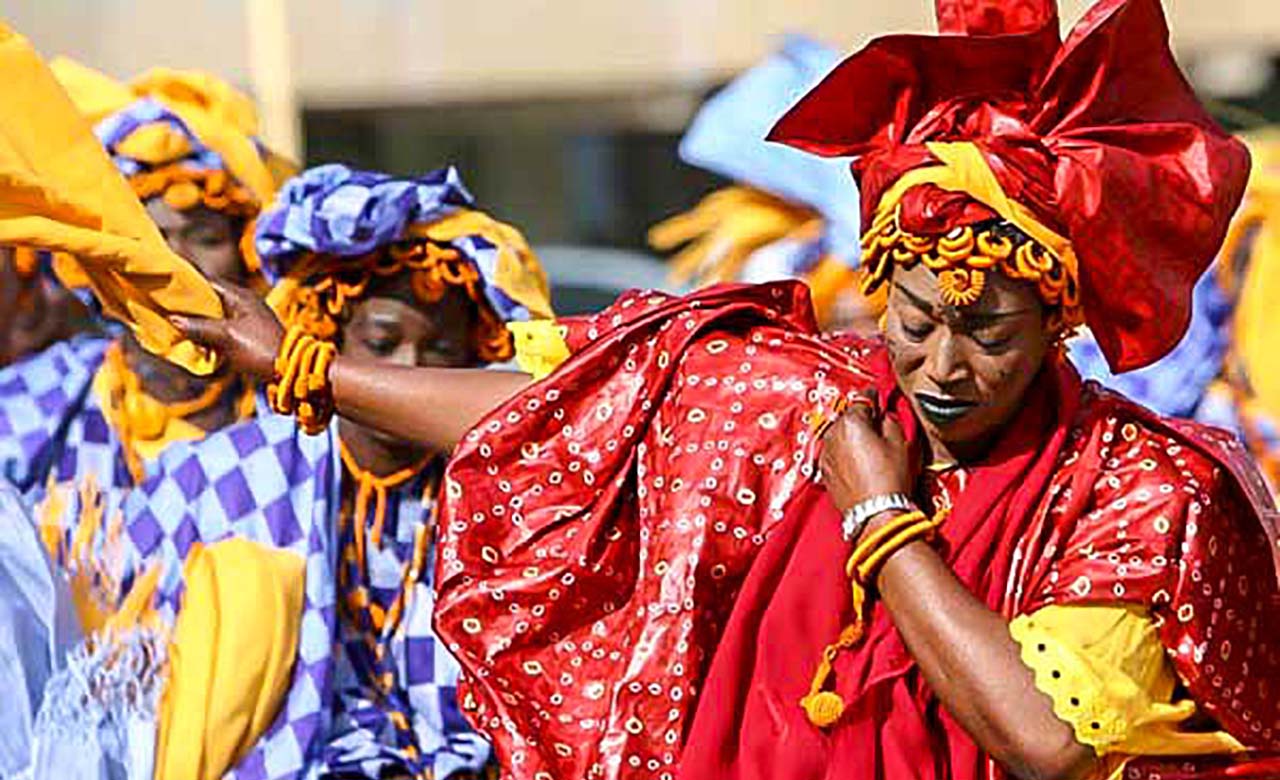
Senegalese Homes
When it comes to architecture and living spaces, Senegal offers a unique mix of styles. In rural areas, traditional homes called cases are still common. These homes are typically circular, with thatched roofs made from straw or palm leaves and walls constructed from mud or clay. Each ethnic group may have its own variation of the case, but they all share a focus on community living, often with multiple generations under one roof.
In urban centres like Dakar, modern apartments and houses dominate the landscape. These homes are often influenced by French colonial architecture, with large windows, balconies, and bright, airy interiors. While modern homes in the cities are equipped with the latest amenities, many still incorporate traditional elements such as communal cooking areas that reflect Senegal’s deep-rooted sense of family and community.
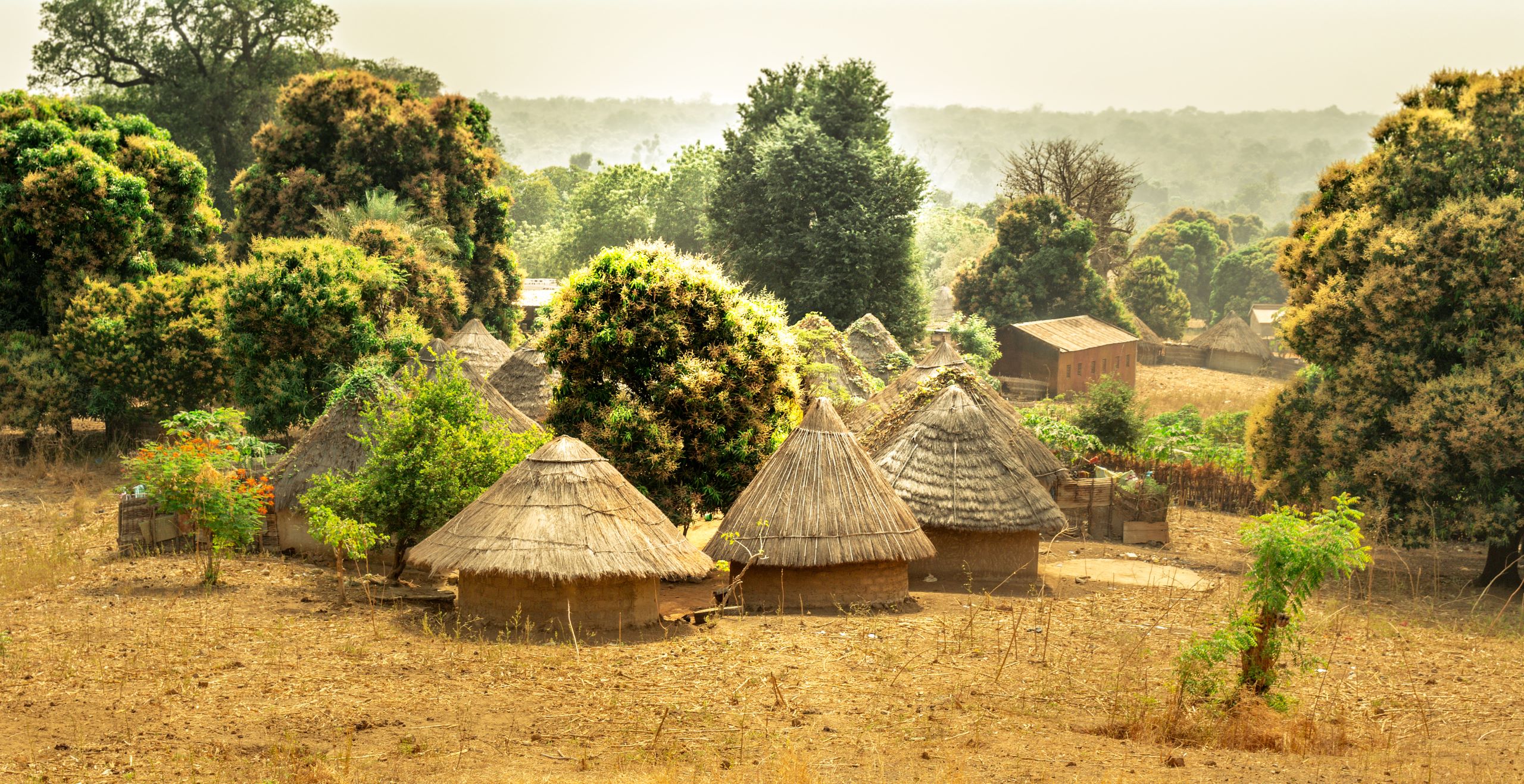
The Rhythm of Daily Life
Family and community engagement are key features of life in Senegal. The Senegalese are known for their warm hospitality, which they call teranga. This concept goes beyond just welcoming guests—it is a way of life that emphasises generosity, respect, and care for others. Whether you are in a bustling market or a quiet village, you will often find people greeting each other with warmth and offering food or tea as a gesture of goodwill.
The day typically starts early, especially in rural areas where farming and fishing are the main activities. Men and women alike gather around a communal bowl for meals, sharing food and stories. Afternoons are often spent resting or socialising, with families coming together to enjoy the cooler hours of the day.

Senegalese Cuisine
Senegalese cuisine is a delightful fusion of African, French, and Middle Eastern influences. At the heart of most meals is rice, often served with a variety of fish, meat, and vegetables. The national dish, thieboudienne, consists of rice cooked with fish, tomatoes, and an array of vegetables, offering a burst of flavour and colour. Another popular dish is yassa, a tangy chicken or fish stew marinated in lemon, mustard, and onions.
Street food is also a significant part of life, particularly in cities like Dakar. Vendors sell everything from grilled fish and meat skewers to fataya, a type of savoury pastry filled with meat or fish. These quick, flavour-packed bites are perfect for on-the-go meals, reflecting the fast-paced rhythm of urban life.
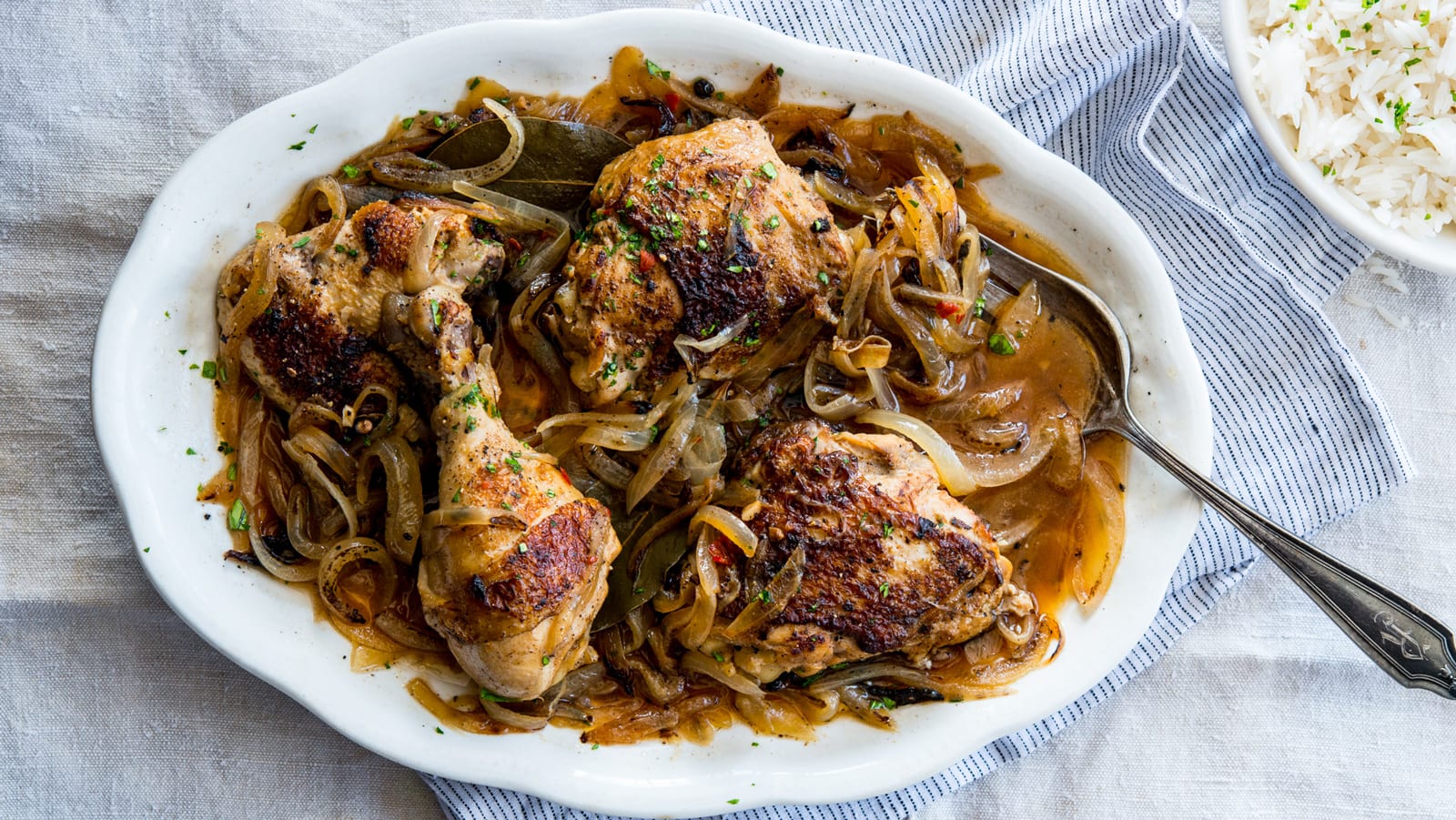
Fashion and Art
Senegal’s love for vibrant colour and artistry is evident in its fashion and art scenes. Traditional clothing, such as the boubou, is commonly worn for both casual and formal occasions. These flowing garments are often made from brightly coloured fabrics and adorned with intricate embroidery. In urban areas, modern fashion trends blend seamlessly with traditional styles, creating a unique and expressive way of dressing.
The country is also home to a thriving art scene, particularly in Dakar, which hosts the biennial Dak’Art, an international contemporary art exhibition. Senegalese artists often draw inspiration from their cultural heritage, producing works that are rich in symbolism and storytelling.
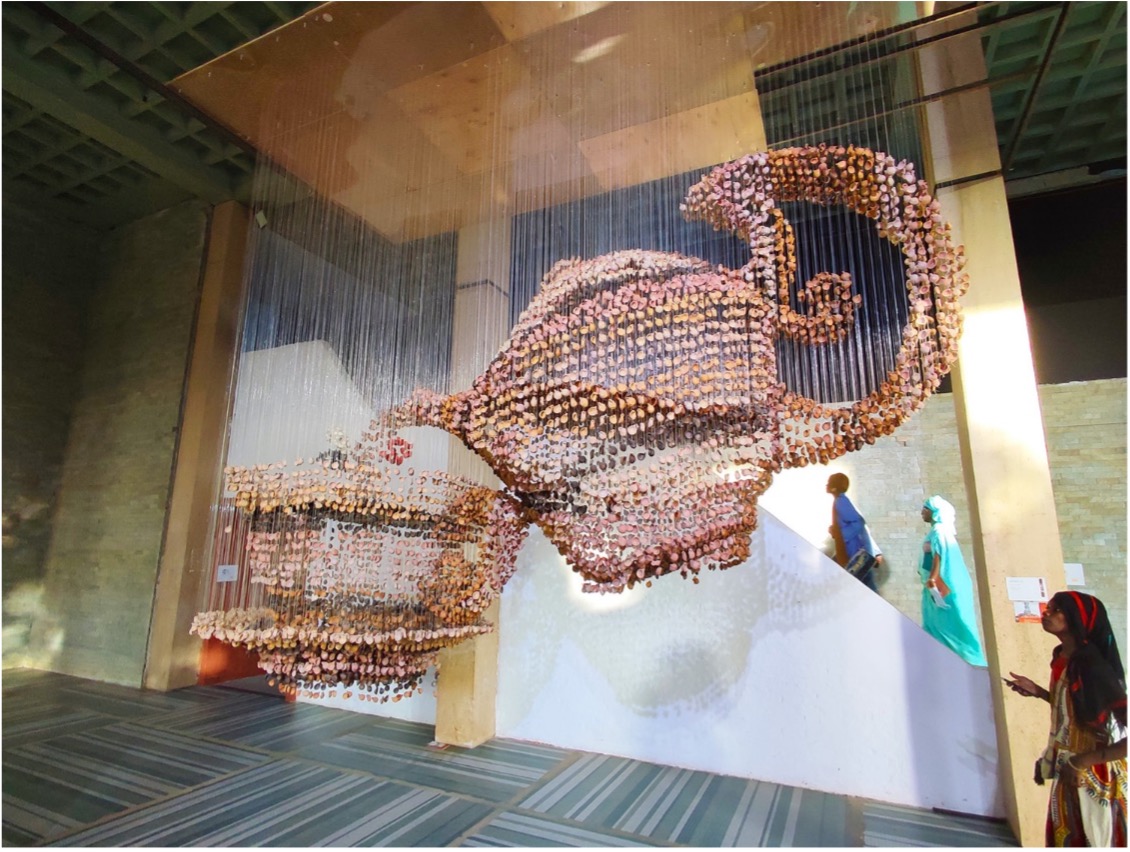
With its warm hospitality, diverse cultures, and delicious cuisine, Senegal offers a truly unique way of life that is both captivating and enriching.

